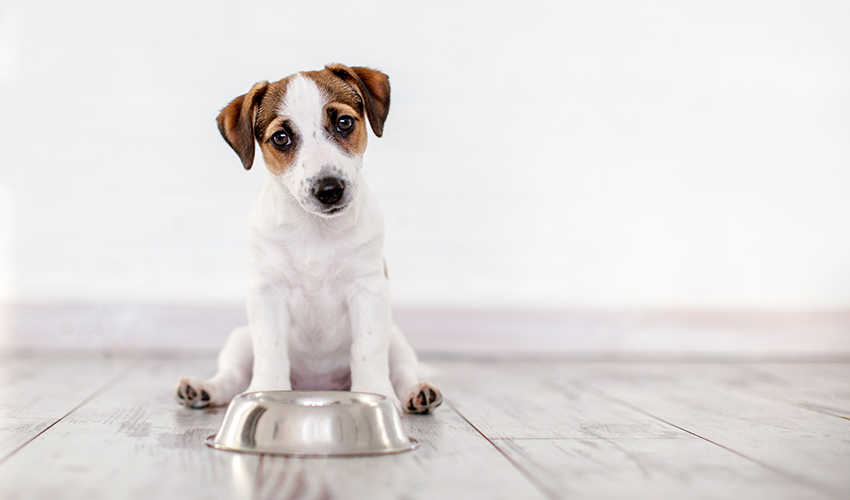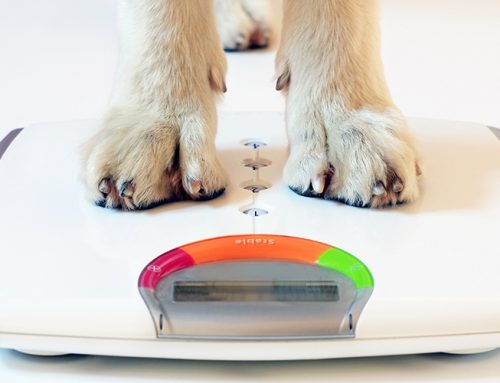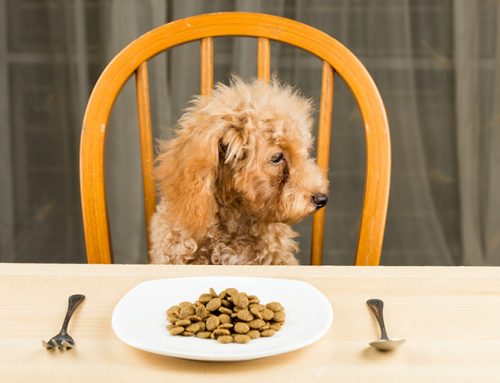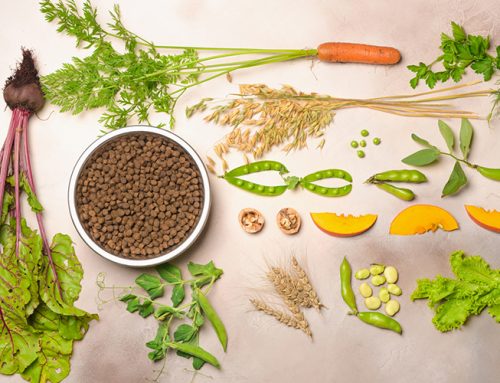Puppies love to eat! Every household takes a different approach to dinner time. And breakfast. Lunch. Brunch.
Puppies need to eat more frequently than adult dogs because they’re busy growing. Growing requires energy from calories. Puppies also have small stomachs, so they can’t eat enough calories in one or two meals to get them through the day.
“Puppies may need to eat three times a day or even more frequently depending on their size and age,” according to PetMD.
PetMD recommends — as a starting point — feeding three measured meals a day. You could try 7 a.m., noon, and 5 p.m. Dogs like routines and schedules, so try to standardize the time of day you feed your new puppy, with about five hours between each mealtime.
“The last meal should always be around 5 p.m. so that he will have ample time to digest his food and eliminate one last time before bedtime,” writes Vladimir Negron in an article titled How to Create a Puppy Feeding Schedule for PetMD. “Stick to this basic puppy feeding schedule until the puppy reaches 14 to 18 weeks old, at which point the meal schedule should change to two meals a day (unless your veterinarian suggests otherwise).”

Puppies need to use the bathroom a lot, so keeping the last feeding earlier in the evening reduces the likelihood you’ll be woken up in the middle of the night for a bathroom break — or be confronted with an accident. Puppies usually need to go to the bathroom 15 to 20 minutes after eating and drinking.
Petfinder recommends feeding a puppy three or four times a day and dropping to two meals a day once your puppy is six months old.
Small breed puppies may need to eat up to five times a day because of their small size and propensity to develop hypoglycemia (low blood sugar). Always check with your vet, breeder, or rescue facility if you’re not sure how often you should feed your specific dog. Deep chested puppies may benefit from smaller, more frequent feedings too.
In General…
Once your puppy reaches maturity, you can feed it once or twice a day. However, you may find that smaller portions more frequently throughout the day is beneficial if your dog has a sensitive tummy or is prone to throwing up after eating. Sometimes, more frequent, smaller portions can be easier on your dog’s tummy and digestive system.
What are the different approaches to feeding?
There are different philosophies about how to feed a puppy (or an adult dog).






